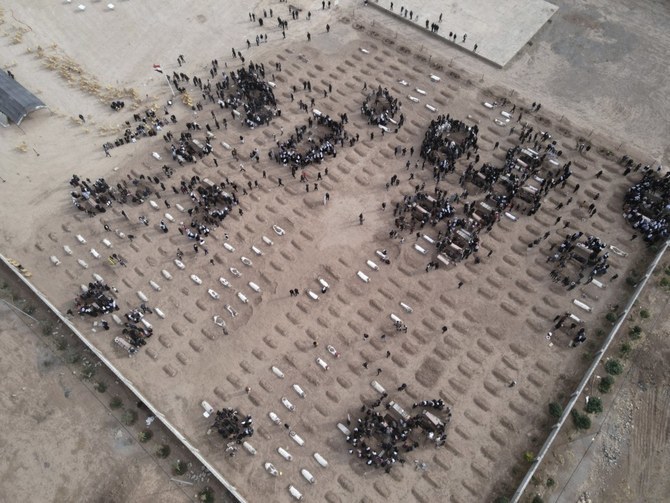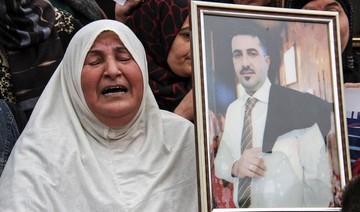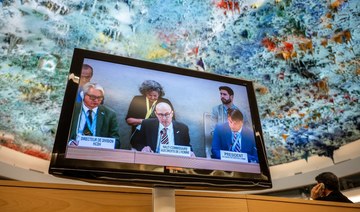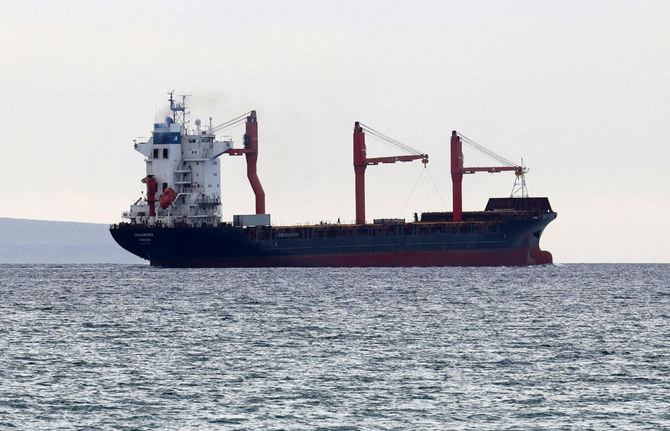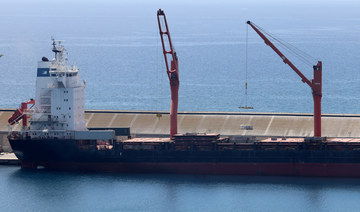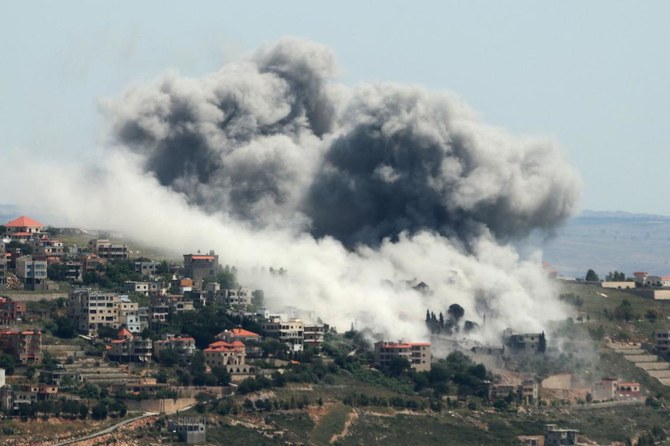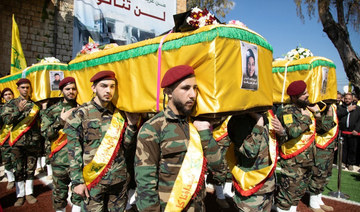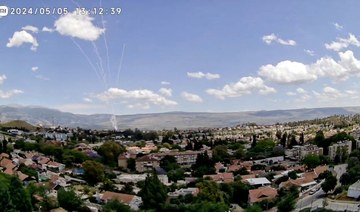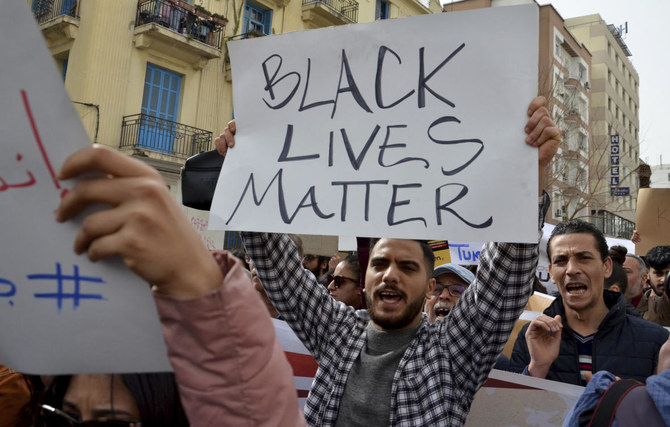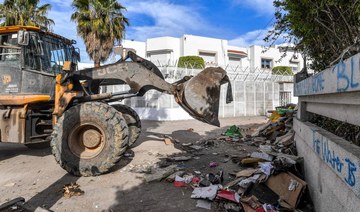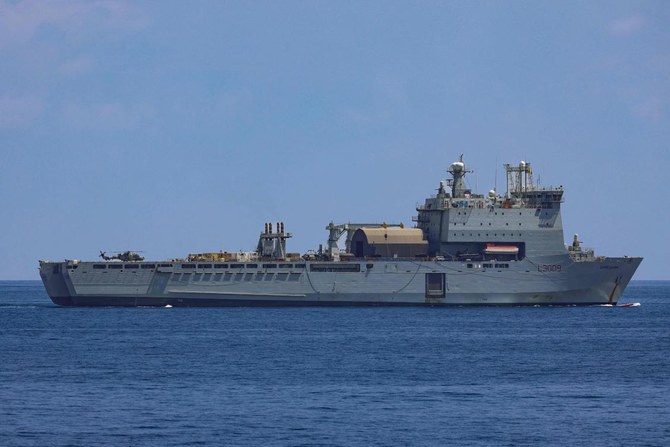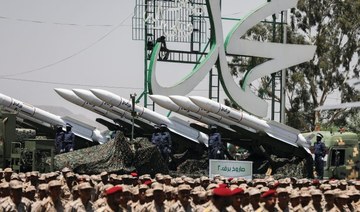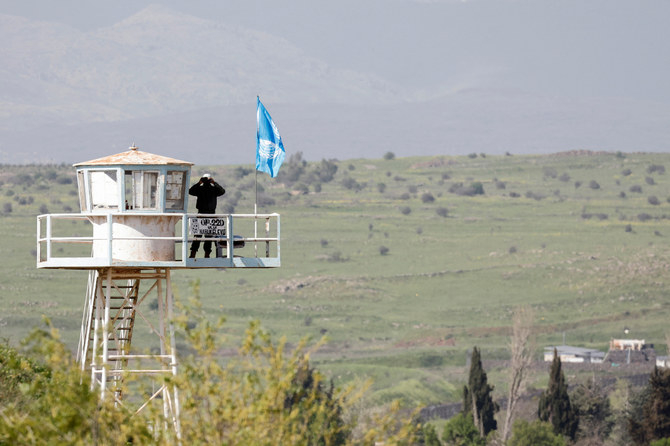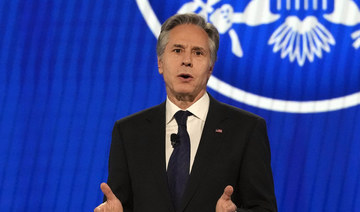NEW YORK CITY: UN experts on Tuesday expressed deep concern about the widespread practice of enforced disappearances in many parts of Iraq.
It is estimated that up to a million people have gone missing in the country over the past 50 years, and the experts said the disappearances continue amid the culture of impunity and “revictimization” that still prevails.
The UN Committee on Enforced Disappearances said the “dimension, scope and diversity of enforced disappearance in Iraq requires urgent and concerted intervention by the government, its regional neighbors, and the international community.”
It urged Iraqi authorities to quickly investigate disappearances and introduce legislation to “prevent, eradicate and repair this heinous crime.”
The members of the committee are independent experts who monitor the implementation of the UN’s Convention for the Protection of all Persons against Enforced Disappearance. On Tuesday, they published a report on their visit to Iraq in November 2022.
They welcomed the cooperation they received from authorities in Baghdad and said the visit constituted “a new step in the committee’s interaction with Iraq, one of the first countries to ratify the Convention.” However, a lot remains to be done, they added.
During the visit, committee members heard evidence from the victims of disappearances, which they said continue to happen.
In testimony that highlighted what the experts described as “a typical, ongoing pattern,” an Iraqi mother said: “My son went to visit his cousin. I called him soon after he left because he had forgotten the bread I wanted him to offer my nephew. He replied, saying that he was at a checkpoint and some men in uniform were checking him, and that he would call me immediately afterwards. He never did.
“Since then, I have searched for him everywhere, in all prisons, with all the authorities. But nothing, nothing, nothing.”
Another identifiable pattern, the experts said, is the enforced disappearances of Yezidi children born after their mothers were sexually abused in Daesh camps. In some cases, the report states, mothers were forced to place their children in orphanages after returning to Iraq. But when they returned to collect them and take them home, they were told the children had been “given” to other families, allegedly with the direct involvement of the state.
Hundreds of families are searching for loved ones they suspect are held in camps in Turkiye, Syria or Iran, the committee said, “where contact with the outside world is impossible.”
Official estimates of the number of Iraqis who have disappeared since 1968 as a result of conflicts and political violence range from 250,000 to 1,000,000.
While it is impossible to determine a more precise figure, committee members said the victims went missing during “five waves” of disappearances over the past 50 years.
Up to 290,000, including 100,000 Kurds, were forcibly disappeared as part of Saddam Hussein’s “genocidal campaign in Iraqi Kurdistan” between 1968 and 2003.
During the 2003 invasion of Iraq and the years of occupation that followed, US-led military forces captured at least 200,000 Iraqis, of whom 96,000 were detained in American-administered prisons. The UN experts said some detainees were arrested, without warrants, for alleged involvement in insurgency operations, while others were simply “civilians in the wrong place at the wrong time.”
There was another round of abductions and mass killings of Iraqi soldiers and members of the security forces between 2014 and 2017, when Daesh was in control of parts of Iraq, according to the report. And when the Popular Mobilization Forces launched military operations to retake control of major cities from Daesh, pro-government forces forcibly disappeared thousands of Sunni Arabs, mainly men and boys, it added.
Another wave of enforced disappearance occurred between 2018 and 2020, during protests by people from all religious and ethnic backgrounds, the report said.
The UN experts urged Iraqi authorities to immediately classify enforced disappearance as a specific offense, noting that because it “still does not exist as an autonomous crime in national legislation, it cannot be prosecuted as such in Iraq.”
They also called on the government to establish “a comprehensive search and investigation strategy for all cases of disappearances, and to strengthen and enlarge the national forensic capacity to ensure that all victims have access to exhumation processes and forensic services.”
Iraqi authorities must also immediately establish an independent task force, they added, “to cross-check, systematically, the registers of all places of deprivation of liberty with the names of all detainees. The task force must ensure that all detainees are registered and that their relatives are duly informed of their whereabouts.”
The committee members told Iraqi officials to address persistent allegations of secret detentions, which authorities deny, by setting up “an independent commission to carry out a fact-finding mission to verify whether secret places of detention exist, with all technical means, such as satellite pictures and drones.”
To address the needs and rights of victims, the committee called on Iraqi authorities to implement “legislative and judicial measures to ensure that any individual who has suffered harm as the direct result of disappearance is officially considered as a victim and entitled to the rights contained in the Convention.”



